Awards of $50,000 to $250,000 are available to support community-led efforts to advance the vision and values of GROWING JUSTICE.
Grantseekers are encouraged to complete the Eligibility Quiz before March 1 to ensure ample time for invitations to be processed and proposals to be prepared and submitted.
ACT FAST!
Invitations require 2 business days to process. There is no guarantee that grantseekers completing the Eligibility Quiz after March 1 will receive invitations in time to apply. The link to the Eligibility Quiz is scheduled to close on March 11.
UPDATE:
The link to the Eligibility Quiz is now closed. The deadline for invited grantseekers to apply is Thursday, March 16, 2023 at 5pm PT/8pm ET.
GROWING JUSTICE aims to invest in efforts to solidify the leadership, dignity and power of Tribal, Indigenous, Black, Latinx, Asian and immigrant people to identify and drive solutions that expand the market for good food from locally or regionally owned, and environmentally and economically sustainable farms, ranches, fisheries and food businesses.
Support will be offered to efforts with the most promise to:
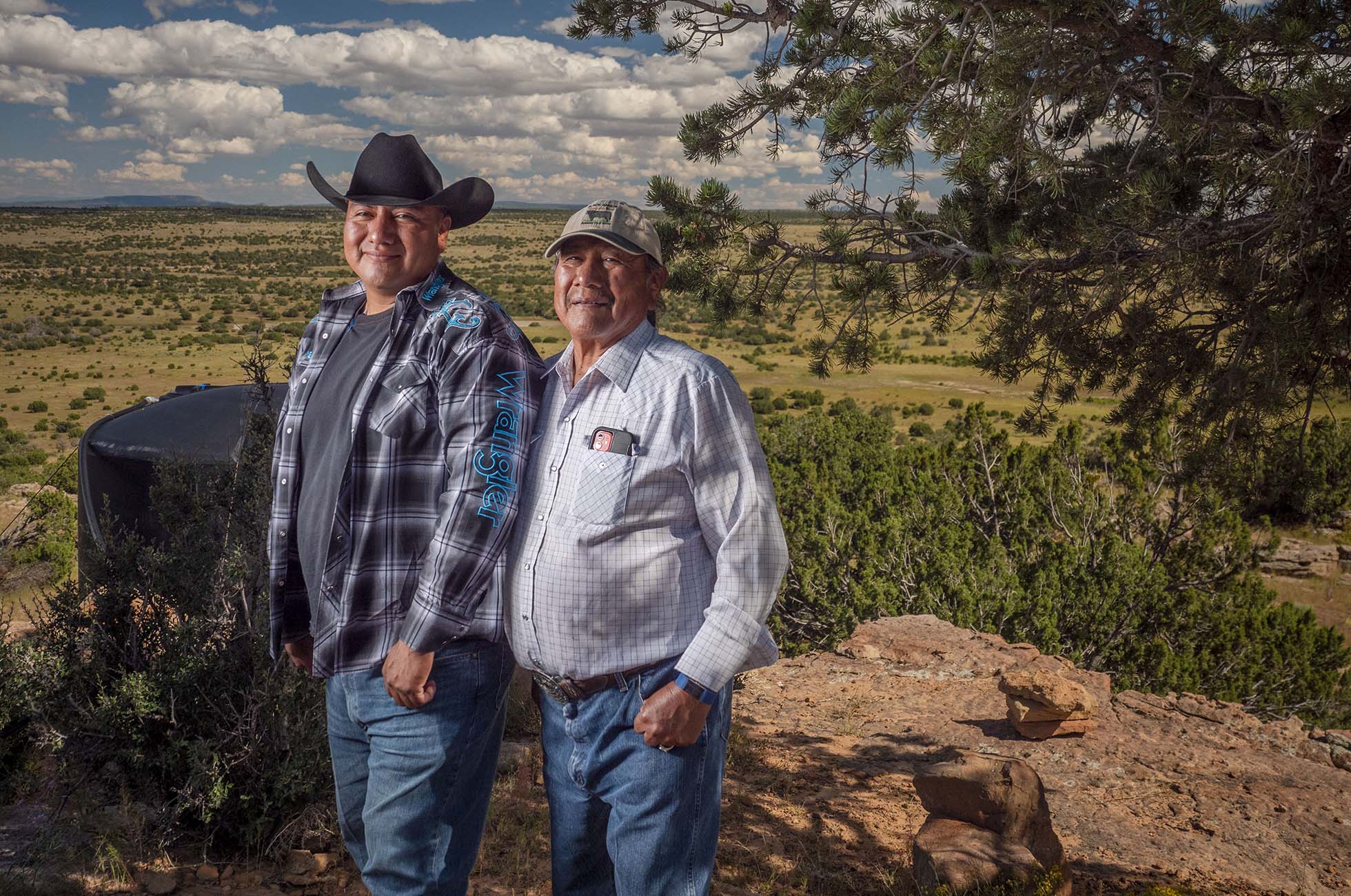

GROWING JUSTICE provides primary support to BIPOC-led and BIPOC-allied community- and community-based organizations, Tribal nations and their instrumentalities that are actively engaged in the food value chain and committed to transforming the food system through equitable good food procurement.
Vision- and values-aligned small businesses and other social enterprises working to advance equitable good food procurement are welcome to apply for GROWING JUSTICE grants via a 501c3 nonprofit fiscal sponsor.
GROWING JUSTICE: The Fund for Equitable Good Food Procurement aims to advance its vision and values by supporting community-led efforts to improve local and regional food value chains.
GROWING JUSTICE seeks to better understand and support aligned efforts that help to strengthen the field of practice for emerging & growing producers, distributors, food hubs, buyers and frontline workers in the value chain; create greater resources and institutional engagement in equitable good food procurement; realize changes to institutional and public policies and systems to support equitable good food procurement sustainability and scale; and promote awareness and examples of equitable good food procurement across regions, fields and sectors.
The food value chain refers to the many people working in partnership to produce, distribute and procure raw or value-added foods, including farmers, ranchers, fishers, suppliers, producers, food hubs, distributors, cooperatives, front line food workers, organizers, advocacy groups and the technical assistance groups that support them. The value chain also includes those engaged in the transportation, technology and marketing sectors related to food procurement and/or distribution. In many communities, elders and others with traditional ecological knowledge also play a critical role in the value chain, helping to preserve cultural traditions related to food.
GROWING JUSTICE seeks to support organizations that have been involved in the food value chain for at least the past two years, and organizations that have existing partnerships in the food value chain or aspire to build partnerships with others in the food value chain.
GROWING JUSTICE seeks to support organizations involved in the food system that are driven by community residents in all aspects of their existence. In these organizations: the majority of staff, directors, and the governing body consists of frontline community members that the organization serves; community members disproportionately impacted by an exploitative food system are intiately involved in identifying, defining and making decisions regarding the organization’s mission, vision, and work; the organization embodies a grassroots, “bottom-up” approach; the organization is committed to building collective power and building the movement alongside frontline communities; and/or the organization’s geographic focus is defined by the community members they serve. To learn more about your organization’s eligibility or to submit questions about eligibility, please complete the Grant Eligibility Quiz.
‘BIPOC’ is an acronym referring to a wide range of racially, ethnically and culturally diverse people and communities who identify as Black, Indigenous, Tribal, and/or People of Color, such as people of Latinx, Asian or Pacific Islander descent. These groups typically represent the nondominant culture in the United States, with some groups experiencing the effects of colonization, chattel slavery and/or systematic institutionalized exclusion throughout our collective history.
GROWING JUSTICE is prioritizing support in this round of grantmaking for BIPOC-led organizations [e.g., organizations with at least 50% BIPOC representation in the organization’s leadership] and BIPOC -allied organizations [e.g., organizations actively working against racism].
GROWING JUSTICE considers BIPOC-led organizations to be those organizations with at least 50% BIPOC representation in the organization’s leadership (e.g., board, c-suite), and BIPOC -allied organizations to be those actively working against racism.
Organizations that do not qualify as BIPOC-led can demonstrate that they are BIPOC-allied organizations by describing / providing examples in their application of: (1) how they apply a racial equity lens in their work, (2) how they approach issues of antiracism, and/or (3) how their work has helped to build power for BIPOC communities in the past 2 years.
GROWING JUSTICE is prioritizing support in this round of grantmaking for US-based BIPOC-led and BIPOC-allied community-based organizations that have been in working in the food value chain for at least two years and that share a vision of US food systems transformation. This includes Tribal governments and their instrumentalities.
Organizations and efforts that do not match all of these criteria are important and valued and should consider ways to connect or partner with organizations that do meet these eligibility criteria, both for this grant opportunity, and for other efforts and initiatives.
GROWING JUSTICE aims to catalyze food systems transformation by opening up markets to leaders of color in the food value chain.
Leaders of color in the food value chain who run small businesses are strongly encouraged to partner with community-based organizations, agencies, and/or fiscal sponsors to apply for funding.
GROWING JUSTICE provides limited technical support to these organizations – to learn more, please complete the Eligibility Quiz in English or en espanol. Basic educational materials are also available on this FAQ page.
Eligible grantseekers may need fiscal sponsorship to apply. GROWING JUSTICE has compiled the following resources about the process of finding and selecting an appropriate fiscal sponsor.
DIRECTORIES
HOW-TO
Eligible grantseekers may seek additional assistance by contacting the GROWING JUSTICE Support Team.
All eligible grantseekers are considered a “good fit” for GROWING JUSTICE grantmaking and are encouraged to apply.
Grantseekers must complete the Eligibility Quiz to determine eligibility and receive an invitation to apply. Grantseekers are encouraged to complete the Eligibility Quiz by March 1, 2023 to allow ample time to receive an invitation to apply, and to submit the application. Grantseekers who have specific questions about their eligibility may submit their questions through the Eligibility Quiz and will receive a response within 1-2 business days.
Eligible grantseekers who receive an invitation to apply are encouraged to review the GROWING JUSTICE vision and values and focus to strengthen their applications. A list of supported projects has been provided to inspire ideas. Please note that an invitation to apply does not guarantee funding.
An informational webinar will be held for grantseekers on February 24, 2023 at 10:30am PT. The webinar will discuss eligibility criteria and how to submit a complete and effective application aligned with the vision, values and purpose of GROWING JUSTICE using the JustFund platform. A recording of the webinar will be available to all registrants. Click here to register.
Eligible grantseekers who receive an invitation to apply may obtain support as follows:
Questions about eligibility and invitations to apply may be answered through the Eligibility Quiz. Grantseekers are encouraged to complete the Eligibility Quiz by March 1, 2023 to ensure there is ample time to be invited to apply and to complete the application. Answers to common questions are also available in the FAQ section online.
Questions about the JustFund application portal may be answered via JustFund’s Knowledge Base page. The JustFund team will also provide direct support for:
GROWING JUSTICE will host an informational webinar for grantseekers on February 24, 2023 at 10:30am PT. The webinar will discuss eligibility criteria and how to submit a complete and effective application aligned with the vision, values and purpose of GROWING JUSTICE using the JustFund platform. A recording of the webinar will be available to all registrants. Click here to register.
The limits for GROWING JUSTICE funds are guided by the limits to philanthropic funding of tax-exempt organizations, such as 501c3 organizations. GROWING JUSTICE aims to support community-defined needs and has not imposed additional restrictions at this time. Applicants are encouraged to include information about how proposed activities will support equitable good food procurement in service to the vision and values of GROWING JUSTICE.
Applications are due March 16 at 5pm PT/8pm ET. Grantseekers are strongly encouraged to complete the Eligibility Quiz by March 1 to allow ample time to receive an invitation and submit an application. GROWING JUSTICE aims to announce decisions by May 16.
GROWING JUSTICE grants can be issued for a term of 1-3 years. No grant, regardless of duration, will be awarded for more than $250,000. Applicants should specify the requested time duration in their proposals.
Many grantseekers will work together with partners across the food value chain to submit proposals to advance equitable good food procurement together. We applaud these efforts! These grantseekers should ensure that the project lead meets all of the eligibility criteria and that the partners are all listed as part of the “team” in the application.
GROWING JUSTICE encourages all grantseekers to review the vision, values and focus of the fund when preparing their submissions.
Submissions must be complete and meet character and/or video length requirements specified in the application.
Detailed line-item budgets are not required, but information should show how the amounts requested are appropriate for the scale of the work proposed.
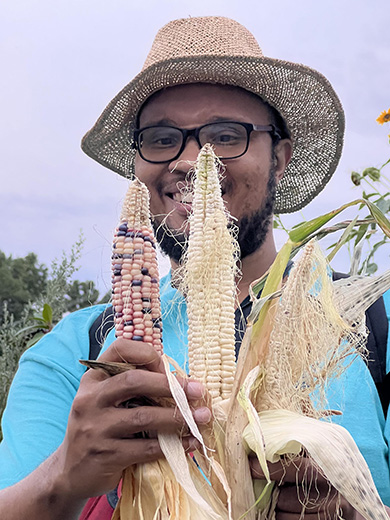

GROWING JUSTICE: The Fund for Equitable Good Food Procurement aims to advance its vision and values by supporting community-led efforts to improve local and regional food value chains.
GROWING JUSTICE seeks to better understand and support aligned efforts that help to strengthen the field of practice for emerging & growing producers, distributors, food hubs, buyers and frontline workers in the value chain; create greater resources and institutional engagement in equitable good food procurement; realize changes to institutional and public policies and systems to support equitable good food procurement sustainability and scale; and promote awareness and examples of equitable good food procurement across regions, fields and sectors.
The food value chain refers to the many people working in partnership to produce, distribute and procure raw or value-added foods, including farmers, ranchers, fishers, suppliers, producers, food hubs, distributors, cooperatives, front line food workers, organizers, advocacy groups and the technical assistance groups that support them. The value chain also includes those engaged in the transportation, technology and marketing sectors related to food procurement and/or distribution. In many communities, elders and others with traditional ecological knowledge also play a critical role in the value chain, helping to preserve cultural traditions related to food.
GROWING JUSTICE seeks to support organizations that have been involved in the food value chain for at least the past two years, and organizations that have existing partnerships in the food value chain or aspire to build partnerships with others in the food value chain.
GROWING JUSTICE seeks to support organizations involved in the food system that are driven by community residents in all aspects of their existence. In these organizations: the majority of staff, directors, and the governing body consists of frontline community members that the organization serves; community members disproportionately impacted by an exploitative food system are intiately involved in identifying, defining and making decisions regarding the organization’s mission, vision, and work; the organization embodies a grassroots, “bottom-up” approach; the organization is committed to building collective power and building the movement alongside frontline communities; and/or the organization’s geographic focus is defined by the community members they serve. To learn more about your organization’s eligibility or to submit questions about eligibility, please complete the Grant Eligibility Quiz.
‘BIPOC’ is an acronym referring to a wide range of racially, ethnically and culturally diverse people and communities who identify as Black, Indigenous, Tribal, and/or People of Color, such as people of Latinx, Asian or Pacific Islander descent. These groups typically represent the nondominant culture in the United States, with some groups experiencing the effects of colonization, chattel slavery and/or systematic institutionalized exclusion throughout our collective history.
GROWING JUSTICE is prioritizing support in this round of grantmaking for BIPOC-led organizations [e.g., organizations with at least 50% BIPOC representation in the organization’s leadership] and BIPOC -allied organizations [e.g., organizations actively working against racism].
GROWING JUSTICE considers BIPOC-led organizations to be those organizations with at least 50% BIPOC representation in the organization’s leadership (e.g., board, c-suite), and BIPOC -allied organizations to be those actively working against racism.
Organizations that do not qualify as BIPOC-led can demonstrate that they are BIPOC-allied organizations by describing / providing examples in their application of: (1) how they apply a racial equity lens in their work, (2) how they approach issues of antiracism, and/or (3) how their work has helped to build power for BIPOC communities in the past 2 years.
GROWING JUSTICE is prioritizing support in this round of grantmaking for US-based BIPOC-led and BIPOC-allied community-based organizations that have been in working in the food value chain for at least two years and that share a vision of US food systems transformation. This includes Tribal governments and their instrumentalities.
Organizations and efforts that do not match all of these criteria are important and valued and should consider ways to connect or partner with organizations that do meet these eligibility criteria, both for this grant opportunity, and for other efforts and initiatives.
Large institutions that seek to expand their work in equitable good food procurement are encouraged to apply for support in partnership with leaders of color in the food value chain.
Partnerships with small, community-led organizations may seek GROWING JUSTICE support for a wide range of activities, as long as efforts aim to expand opportunities for contracts with leaders of color across the food value chain.
Activities may include innovating contract sharing or selection processes; increasing or improving technical assistance between institutions and food distributors; expanding or replicating effective regional partnerships; improving worker safety among regional businesses; and more.
GROWING JUSTICE aims to catalyze food systems transformation by opening up markets to leaders of color in the food value chain.
Leaders of color in the food value chain who run small businesses are strongly encouraged to partner with community-based organizations, agencies, and fiscal sponsors to apply for funding. GROWING JUSTICE provides limited technical support to these organizations – to learn more, please complete the Eligibility Quiz in English or en espanol.
Eligible grantseekers may need fiscal sponsorship to apply. GROWING JUSTICE has compiled the following resources about the process of finding and selecting an appropriate fiscal sponsor.
DIRECTORIES
HOW-TO
Eligible grantseekers may seek additional assistance by contacting the GROWING JUSTICE Support Team.
All eligible grantseekers are considered a “good fit” for GROWING JUSTICE grantmaking and are encouraged to apply.
Grantseekers must complete the Eligibility Quiz to determine eligibility and receive an invitation to apply. Grantseekers are encouraged to complete the Eligibility Quiz by March 1, 2023 to allow ample time to receive an invitation to apply, and to submit the application. Grantseekers who have specific questions about their eligibility may submit their questions through the Eligibility Quiz and will receive a response within 1-2 business days.
Eligible grantseekers who receive an invitation to apply are encouraged to review the GROWING JUSTICE vision and values and focus to strengthen their applications. A list of supported projects has been provided to inspire ideas. Please note that an invitation to apply does not guarantee funding.
An informational webinar will be held for grantseekers on February 24, 2023 at 10:30am PT. The webinar will discuss eligibility criteria and how to submit a complete and effective application aligned with the vision, values and purpose of GROWING JUSTICE using the JustFund platform. A recording of the webinar will be available to all registrants. Click here to register.
All eligible grantseekers are considered a “good fit” for GROWING JUSTICE grantmaking and are encouraged to apply.
Grantseekers must complete the Eligibility Quiz to determine eligibility and receive an invitation to apply. Grantseekers are encouraged to complete the Eligibility Quiz by March 1, 2023 to allow ample time to receive an invitation to apply, and to submit the application. Grantseekers who have specific questions about their eligibility may submit their questions through the Eligibility Quiz and will receive a response within 1-2 business days.
Eligible grantseekers who receive an invitation to apply are encouraged to review the GROWING JUSTICE vision and values and focus to strengthen their applications. A list of supported projects has been provided to inspire ideas. Please note that an invitation to apply does not guarantee funding.
An informational webinar will be held for grantseekers on February 24, 2023 at 10:30am PT. The webinar will discuss eligibility criteria and how to submit a complete and effective application aligned with the vision, values and purpose of GROWING JUSTICE using the JustFund platform. A recording of the webinar will be available to all registrants. Click here to register.
Applications are due March 16 at 5pm PT/8pm ET. Grantseekers are strongly encouraged to complete the Eligibility Quiz by March 1 to allow ample time to receive an invitation and submit an application. GROWING JUSTICE aims to announce decisions by May 16.
GROWING JUSTICE grants can be issued for a term of 1-3 years. No grant, regardless of duration, will be awarded for more than $250,000. Applicants should specify the requested time duration in their proposals.
Many grantseekers will work together with partners across the food value chain to submit proposals to advance equitable good food procurement together. We applaud these efforts! These grantseekers should ensure that the project lead meets all of the eligibility criteria and that the partners are all listed as part of the “team” in the application.
GROWING JUSTICE encourages all grantseekers to review the vision, values and focus of the fund when preparing their submissions.
Submissions must be complete and meet character and/or video length requirements specified in the application.
Detailed line-item budgets are not required, but information should show how the amounts requested are appropriate for the scale of the work proposed.
Eligible organizations must complete the Eligibility Quiz by March 1 to receive an invitation to apply.

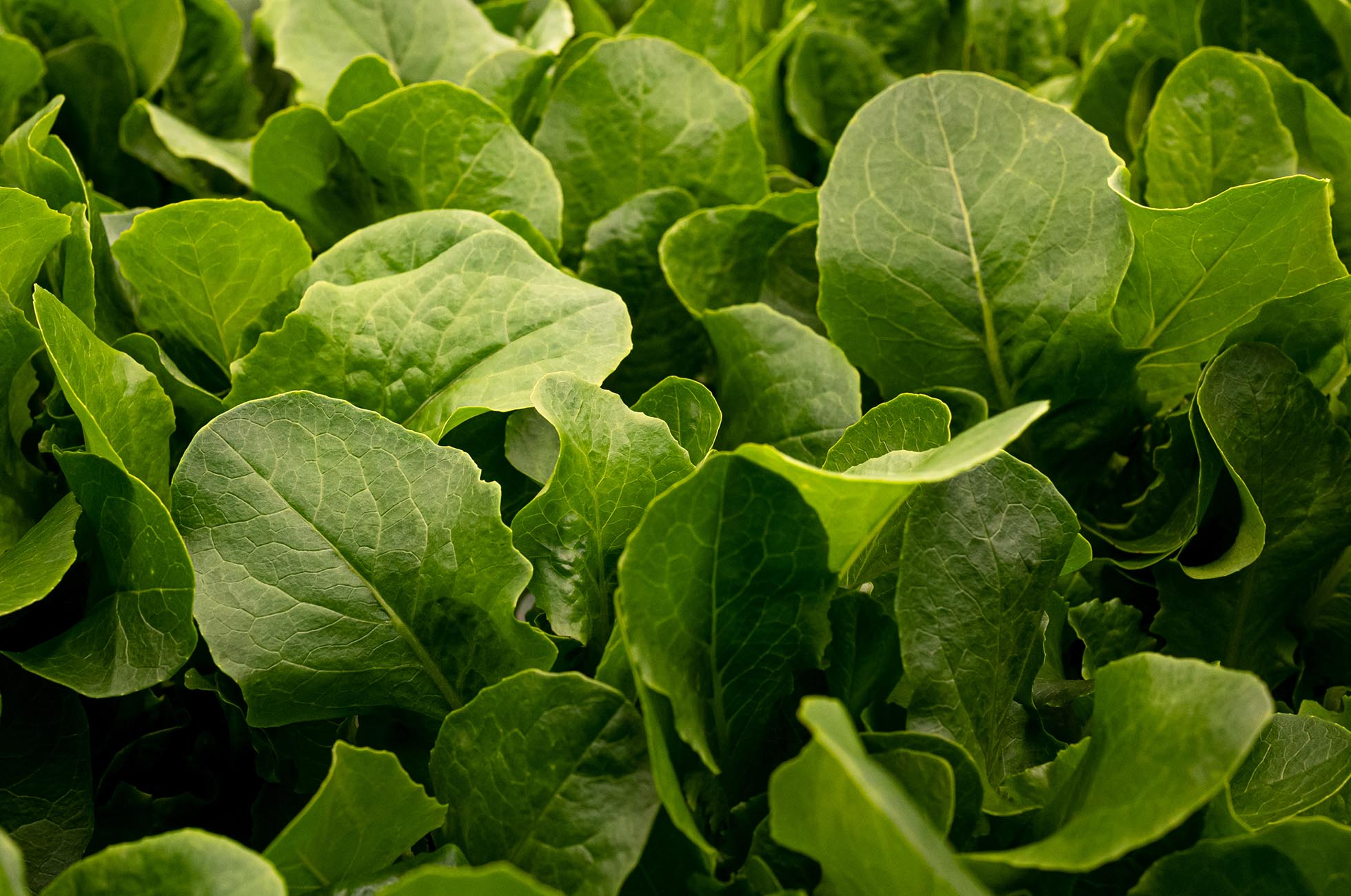
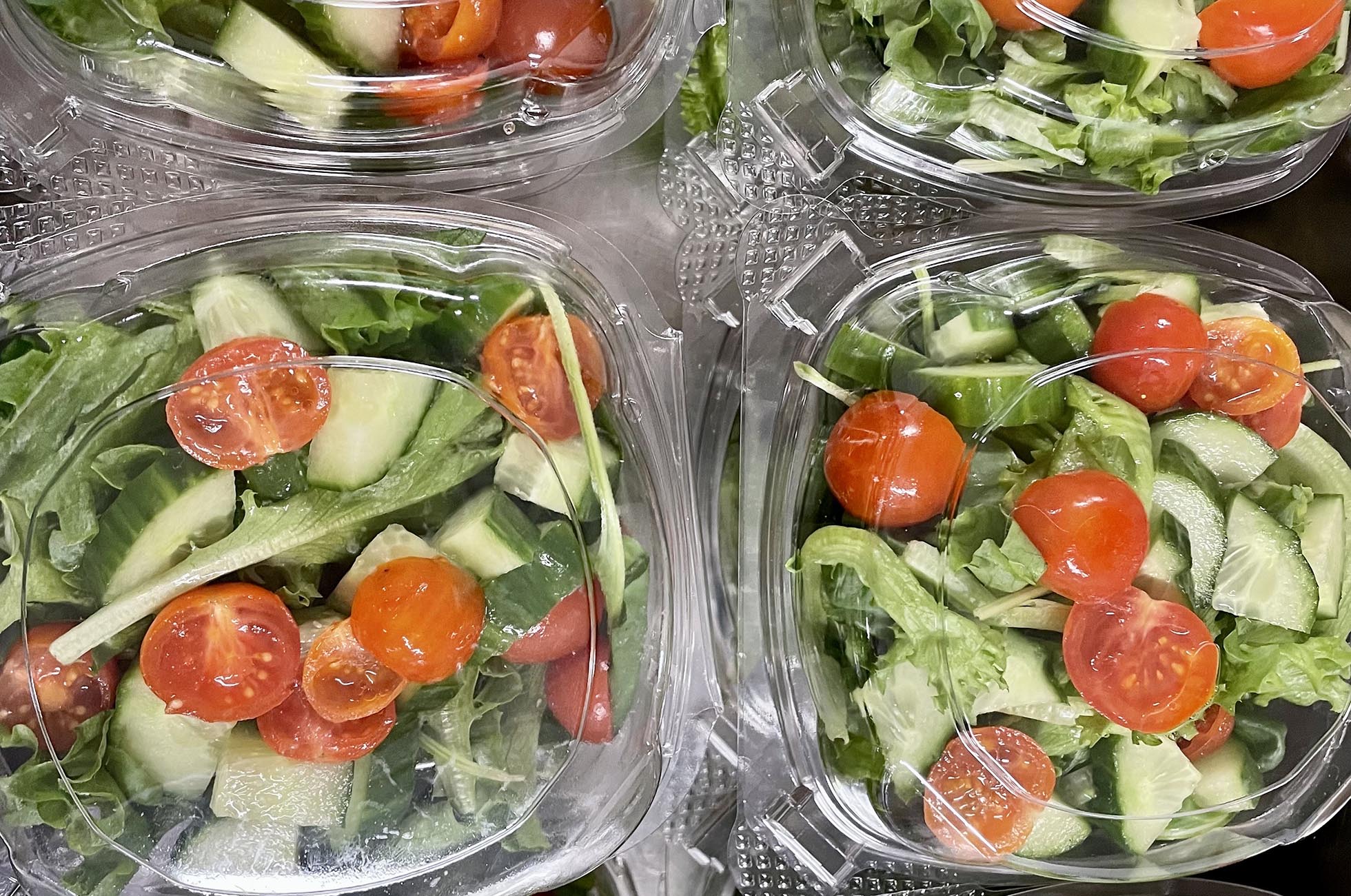
Strengthen the effectiveness of racially diverse food suppliers, food producers, food distributors, and food hubs in local, regional or Tribal food value chains (for example, efforts that provide technical support to emerging farmers of color to adopt more eco-friendly or regenerative practices, or efforts to provide fiscal sponsorship to social enterprises that aim to expand operations to obtain institutional contracts)
Forge partnerships within regions and/or Tribal Nations to help small suppliers and distributors of color win contracts from large institutions (for example: alliances that increase access to processing facilities or equipment to aggregate foods for sale to institutions)
Develop, implement and share effective policies, practices and partnerships across regions (for example: models of partnerships that help to shift costs or create greater transparency in data along the food value chain)
Strengthen the effectiveness of racially diverse food suppliers, food producers, food distributors, and food hubs in local, regional or Tribal food value chains (for example, efforts that provide technical support to emerging farmers of color to adopt more eco-friendly or regenerative practices, or efforts to provide fiscal sponsorship to social enterprises that aim to expand operations to obtain institutional contracts)
Forge partnerships within regions and/or Tribal Nations to help small suppliers and distributors of color win contracts from large institutions (for example: alliances that increase access to processing facilities or equipment to aggregate foods for sale to institutions)
Develop, implement and share effective policies, practices and partnerships across regions (for example: models of partnerships that help to shift costs or create greater transparency in data along the food value chain)



1.) Take the Grant Eligibility Quiz in English or en español.
Grantseekers must submit their contact information via the Grant Eligibility Quiz to receive an invitation to apply. Those that are not eligible may submit their contact information via the Grant Eligibility Quiz for further resources and support. Ineligible parties were welcome to take the Grant Eligibility Quiz again after making the appropriate changes to achieve eligibility.
2.) Look for an email with your invitation to apply.
Email invitations will be sent to eligible applicants who have submitted their contact information via the Grant Eligibility Quiz. Invitations require 1-2 business days to process. If your organization is eligible and you have NOT received an email within 2 business days, please contact support@growingjusticefund.org and note the date and time of the Grant Eligibility Quiz, or try taking the quiz again.
3.) Login to begin the application.
The application process is supported by JustFund. Organizations with an existing JustFund account can begin by logging in. New users will receive login information via email. For technical support with the invitation, please refer to the JustFund Help Center or contact info@justfund.us.
4.) Complete the application in writing, by phone or via video.
The application offers space to submit brief responses about your proposal, your team (if you are working with others), the financial need, and information about your eligibility.
Submissions are accepted in writing, via video (upload your response on YouTube, Vimeo or Loom) or by phone. Support is available for applicants with limited Internet bandwidth and/or support en español to submit by phone. For support with submitting applications by phone or video, please refer to the JustFund Help Center or email info@justfund.us.
UPDATE: GRANTSEEKER WEBINAR RECORDING AND MATERIALS
GROWING JUSTICE hosted an informational webinar on February 24, 2023 at 10:30 AM PT / 1:30 PM ET for those interested in applying for GROWING JUSTICE grants. The webinar discussed eligibility criteria and how to submit a complete and effective application aligned with the vision, values and purpose of GROWING JUSTICE using the JustFund platform.
A recording of the webinar is available here. The passcode is WX5w9*$j
Slides from the webinar can be downloaded here in English or en espanol
Grantseekers who are seeking collaborators or partners for their application are invited to share their interest with the GROWING JUSTICE Support Team via email and for a faster and more direct response, to post their interest on this virtual bulletin board.
For convenience, information about this funding opportunity — including information on this webpage — is available for download in English and en español. Click below.
Any new information that becomes available about this funding opportunity will be posted on this webpage and shared via the GROWING JUSTICE newsletter. Sign up today!
Updates:
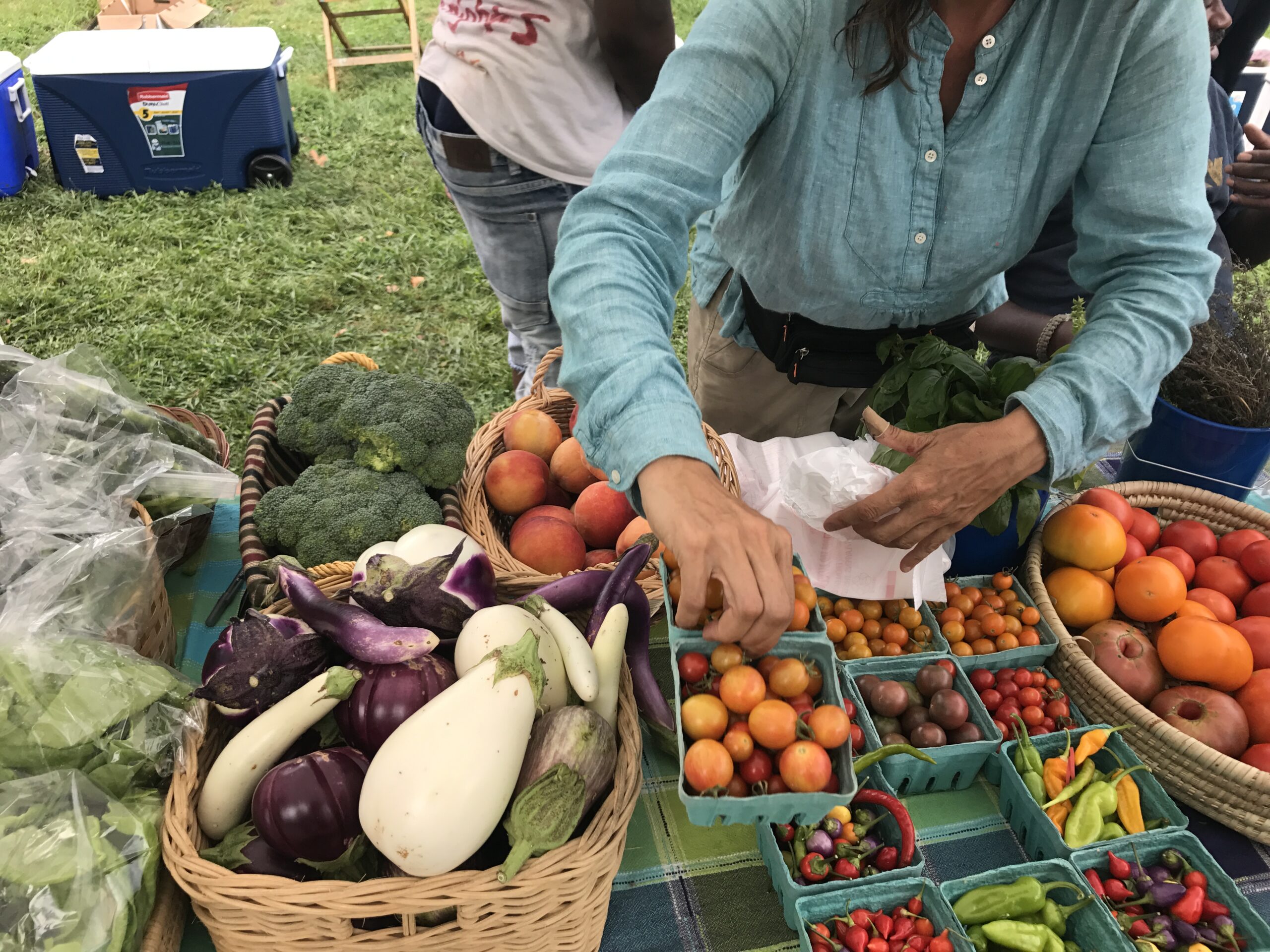
GROWING JUSTICE: The Fund for Equitable Good Food Procurement is a project of the Amalgamated Foundation

GROWING JUSTICE: The Fund for Equitable Good Food Procurement is a project of the Amalgamated Foundation